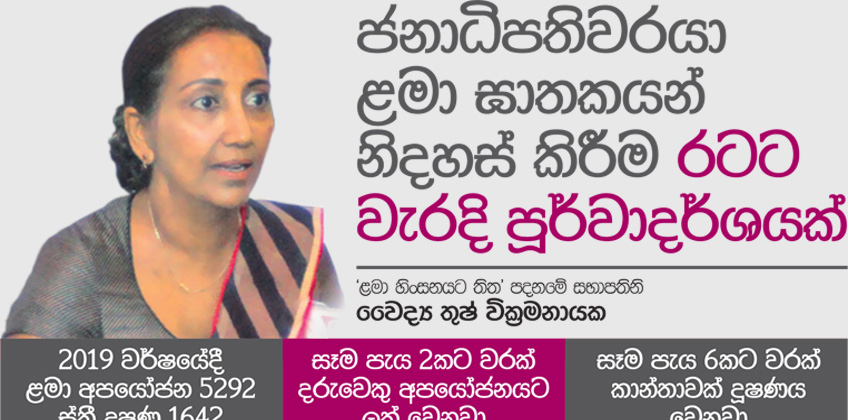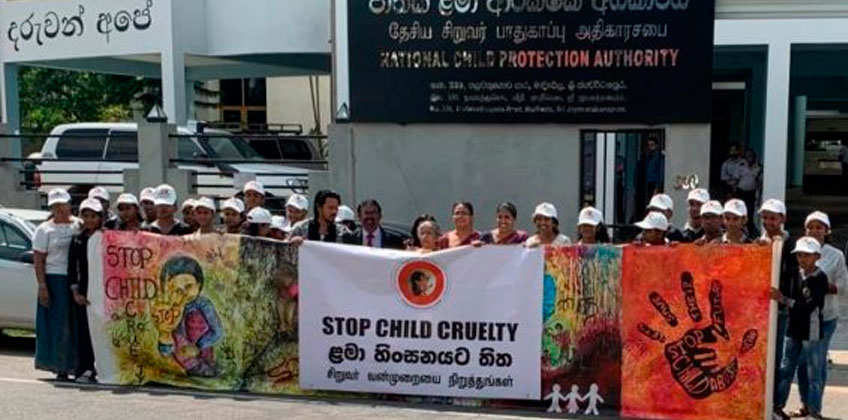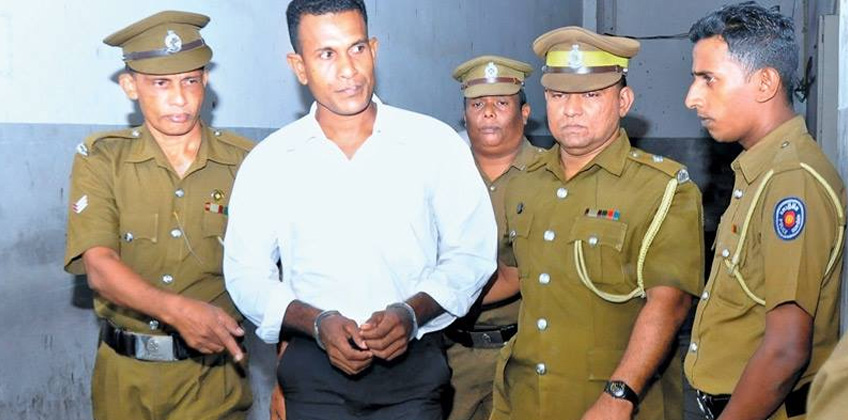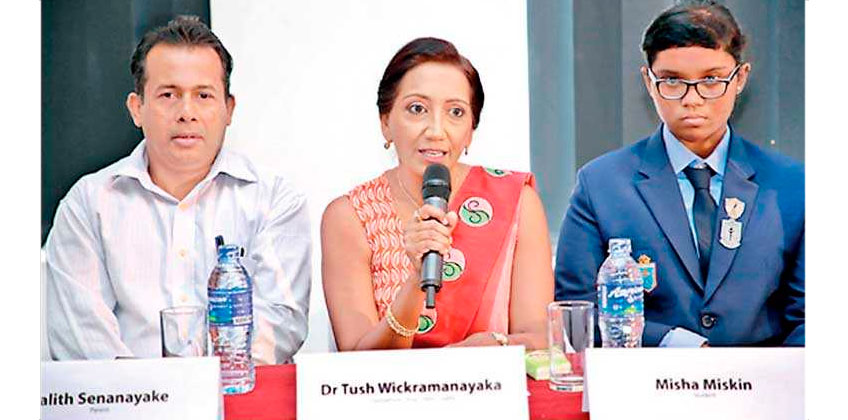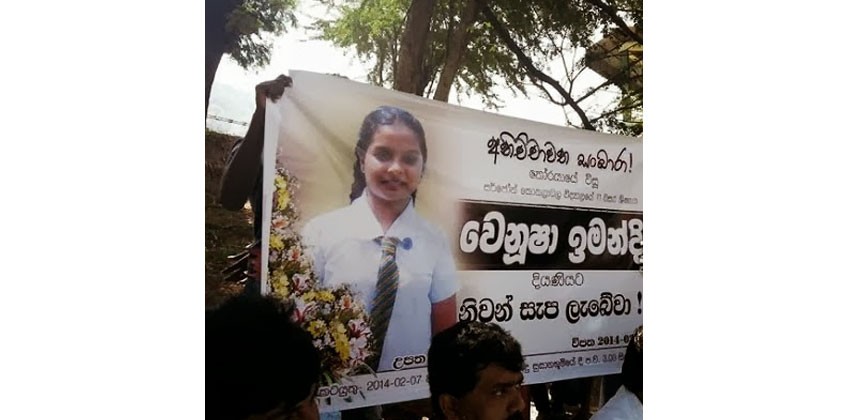
Stop Child Cruelty Trust (SCCT) and Child Protection Alliance (CPA) comprising 13 organisations committed to protecting and promoting the rights of children have appealed to President Anura Kumara Dissanayake and the Government to elevate child welfare to the heart of national governance ushering a new dawn focusing on the beneficiaries of the future, children first.
The ‘Summary Proposal for the Protection and Promotion of Child Rights – A Dawn of a New Era’ states that citizens under 18 years constitute 25 percent of Sri Lanka’s population. Although Sri Lanka ratified the UN Convention of the Rights of the Child (UNCRC) in 1991, child protection has become a national crisis. The proposal defines the objectives that the Government should focus on as short term (0 – 6 months), medium term (6 months – 2 years) and long term (2 – 4 years).
The following are identified as short term objectives: Appoint a Presidential Task Force for Women and Children, provide additional budget allocation for education and child welfare, conclude the legislative process to ban corporal punishment in all settings, revise the circular banning corporal punishment in all schools, nationwide capacity development for teachers on positive discipline techniques and update child protection laws and regulations.
Some of the key medium term objectives are: Make the National Child Protection Authority independent, implement the National Child Protection Policy, compulsory safeguarding training and criminal records check for everyone dealing with children, providing compulsory sexuality education, establish separate courts to expedite cases of child abuse and establish a register of child sex offenders.
The long term objectives include protecting women and children’s rights in the Constitution, implementing the Children’s Act, wide reforms on institutional child care and ending period poverty.
Stop Child Cruelty Trust Chairperson and Co-convener of Child Protection Alliance Dr. Tush Wickramanayaka said, “All leaders of the main political parties including President Dissanayake from the National People’s Power (NPP) signed a proposal to put child protection at the heart of the national political agenda in 2022. However, it was disheartening to note the lack of a specific policy proposal for child welfare during the Presidential and general election campaign of all parties. We hope that this summary proposal will provide direction for the Government to deliver sustainable changes to focus on our children first.”
The Summary Proposal was accompanied by ‘Children First – A Deep Dive into the National Child Protection Authority’s Role in Child Protection in Sri Lanka’, a comprehensive report of the Authority to shed light on its performance and identify areas of improvement. The historic first report of its kind was authored by iProbono, CPA member organisation. iProbono is a global group of social justice organisations and affiliates with a mission to enable people to access their rights in pursuit of a just society.
To gain a comprehensive understanding of the National Child Protection Authority’s (NCPA) performance, iProbono conducted a thorough review of the Authority’s annual reports, the findings of the Auditor General, and key statistical data from 2014 to 2022. This analysis revealed several areas where the NCPA could significantly enhance its operations. The findings suggest that the Authority is not fully leveraging its mandated powers, hindering its ability to effectively address child protection issues. To optimise its performance, the NCPA requires a substantial increase in resource allocation, improved data sharing mechanisms, strengthened inter-sectoral collaboration, and the implementation of robust monitoring and evaluation systems.
Equality Law Director of iProbono Aritha Wickramasinghe said, “This report is a testament to our belief that a robust and effective child protection system is essential for a brighter future for Sri Lanka’s children. We acknowledge the tireless efforts of the NCPA. However, we believe that there is significant room for improvement. By highlighting the challenges and opportunities, we aim to stimulate constructive dialogue and inspire action.”


